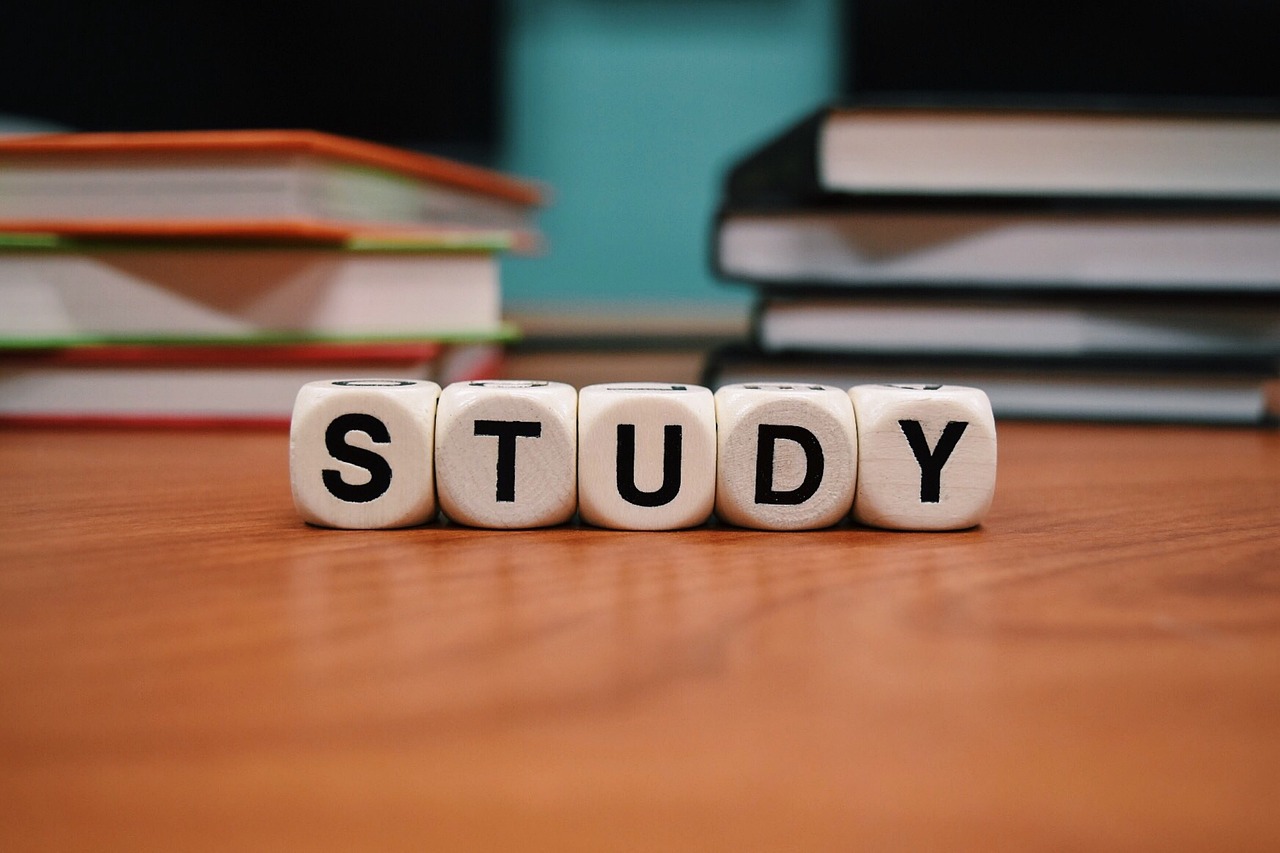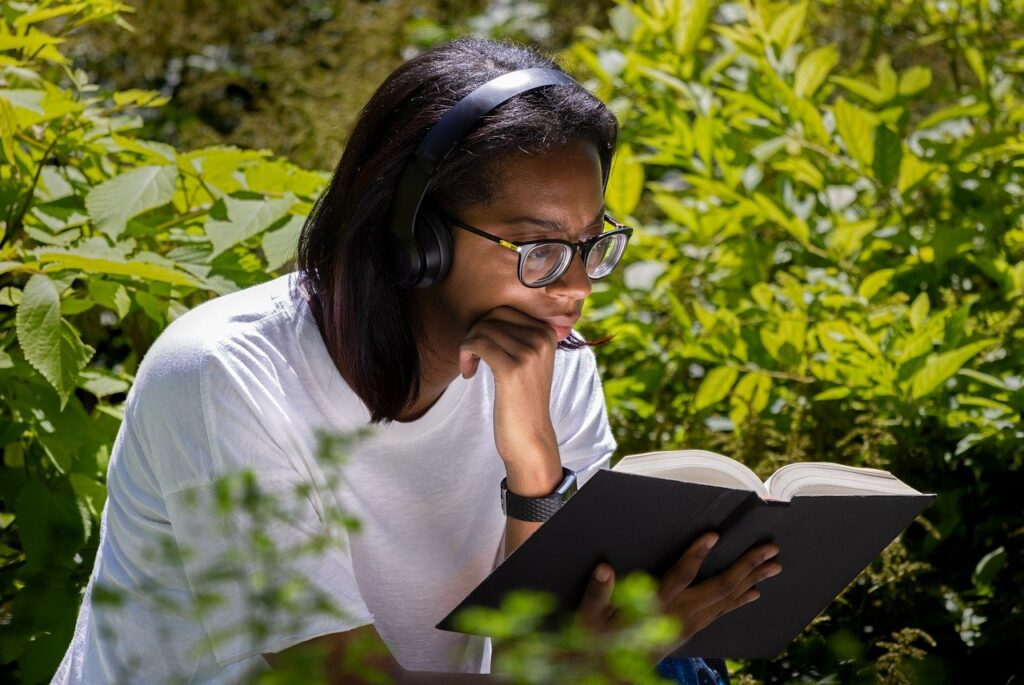5 Effective Study Techniques: A Tutor’s Guide
5 Effective Study Techniques: A Tutor’s Guide

Strategies and tips for students to improve their study habits.
Introduction
Studying effectively is a skill that can significantly impact a student’s academic success. As a tutor, you have the unique opportunity to guide students in mastering this skill. Whether you’re a seasoned educator or just starting your tutoring journey, this guide will provide valuable insights and techniques to help your students maximize their study sessions. Let’s dive into the world of effective study techniques!
Understanding Learning Styles
Before delving into specific study techniques, it’s crucial to recognize that not all students learn in the same way. Some are visual learners who benefit from diagrams and charts, while others are auditory learners who grasp concepts through listening and discussing. Kinesthetic learners, on the other hand, learn best through hands-on experiences. As a tutor, take the time to identify your students’ preferred learning styles and tailor your teaching methods accordingly.
1) Active Learning
Active learning involves engaging with the material actively rather than passively reading or listening. Encourage your students to:

- Summarize information in their own words.
- Create flashcards, mind maps, or diagrams to visualize concepts.
- Solve problems and answer questions related to the subject matter.
- Teach the material to someone else, even if it’s just explaining it to you as their tutor.
2) Effective Time Management
Time management is a fundamental aspect of successful studying. Help your students develop effective time management skills by:

- Creating a study schedule that includes breaks.
- Setting clear goals and priorities for each study session.
- Avoiding procrastination by breaking tasks into manageable chunks.
- Using techniques like the Pomodoro Technique (25 minutes of focused work followed by a 5-minute break) to maintain concentration.
3) Active Note-Taking
Teach your students how to take meaningful and efficient notes during lectures or while reading textbooks. Emphasize:

- Using abbreviations and symbols to speed up note-taking.
- Organizing notes with headings, bullet points, and numbering.
- Revising and summarizing notes regularly to reinforce learning.
4) Practice Retrieval
Practice retrieval involves recalling information from memory, which can enhance long-term retention. Encourage your students to:

- Create self-quizzes or flashcards to test their knowledge.
- Participate in group discussions or study sessions to explain concepts.
- Take practice exams to simulate real test conditions.
5) Variety in Study Locations

Studying in the same location every day can lead to monotony. Suggest that your students change their study environment occasionally to stimulate their brains. Whether it’s a library, a park, or a coffee shop, a change of scenery can boost productivity and creativity.
Diversity Breeds Productivity
Human brains are remarkably adaptable, but they can also become too accustomed to a particular environment. When students consistently study in the same place, whether it’s their bedroom or a designated study room, they risk falling into a routine that breeds monotony. When monotony sets in, it can lead to a lack of motivation, decreased concentration, and reduced productivity.
The Power of Novelty
Encouraging your students to vary their study locations taps into the power of novelty. Novel environments stimulate the brain by presenting it with new sensory inputs. Different sights, sounds, and even smells can trigger the brain to become more alert and attentive. This heightened state of alertness can significantly enhance their ability to focus and retain information.
The Library: A Haven of Knowledge
Suggesting a library as an alternate study spot can be particularly beneficial. Libraries are typically designed to facilitate quiet, focused study. The hushed atmosphere, abundance of resources, and the mere presence of other studious individuals can create an environment conducive to learning. Furthermore, the variety of books and references available can provide a valuable change of pace for research and in-depth study.
Nature’s Classroom: The Park
Studying in a park or another natural setting brings its own set of advantages. Exposure to nature has been shown to reduce stress and increase feelings of well-being. The fresh air and natural surroundings can rejuvenate the mind, making it easier to concentrate and think creatively. Parks are also excellent places for students to take short breaks, going for a walk or simply taking in the scenery, which can help them return to their study tasks with a clearer mind.
Cafes and Coffee Shops: The Ambiance of Productivity
Coffee shops and cafes offer a unique ambiance for studying. The gentle hum of conversation, the aroma of freshly brewed coffee, and the cozy atmosphere can create a relaxed yet focused environment. Many students find that the ambient noise in these places can be just the right amount of background stimulation to help them concentrate. Plus, the availability of snacks and drinks can be a pleasant incentive.
Adapting to Different Environments
Encourage your students to adapt their study methods to suit their chosen environment. For example, they might reserve the library for more structured, research-intensive tasks, while opting for a cafe when reviewing notes or reading assignments. By aligning their study strategies with the atmosphere of the chosen location, they can make the most of the benefits each setting offers.
Conclusion
As a tutor, your role extends beyond teaching specific subjects; you also play a vital role in helping students develop effective study techniques. By understanding their individual learning styles, promoting active learning, teaching time management skills, emphasizing note-taking strategies, encouraging practice retrieval, and advocating for diverse study environments, you can empower your students to excel academically. Remember, effective study techniques are the key to unlocking their full potential. Happy tutoring!
For more tutorials please check out our blog.
Find us on Facebook, Instagram
Thank you for reading this guide.

